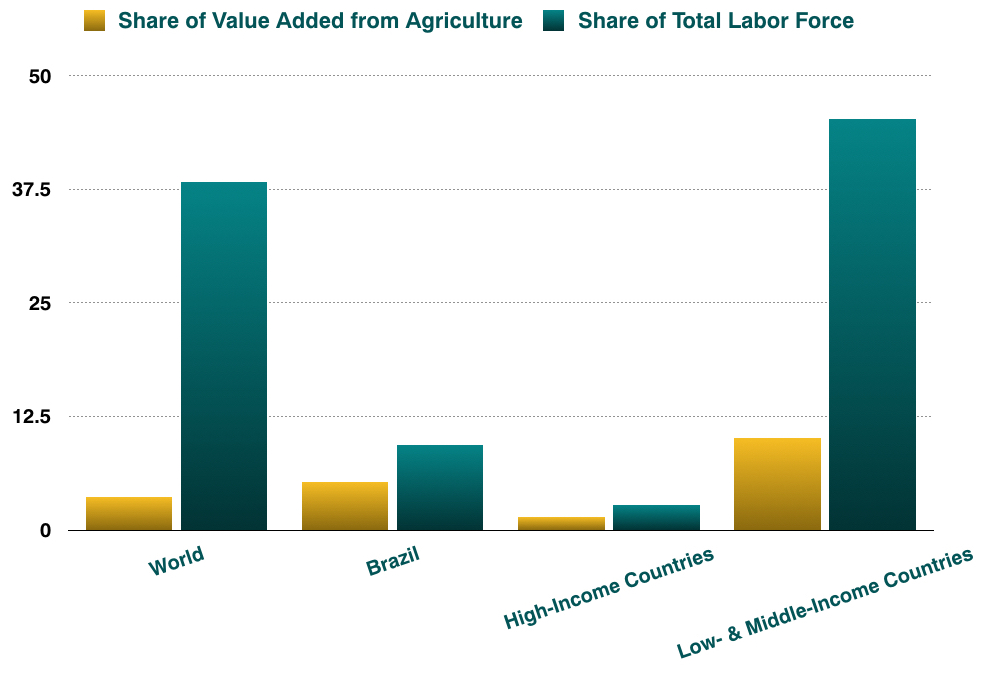“As the world’s most biodiverse country and displaying one of the world’s cleanest energy matrices, Brazil is an environment powerhouse with an uncompromising commitment to the environment.”
-Brazilian President Michel Temer, UN General Assembly (2016) –
Making his first appearance at the UN General Assembly, newly appointed President of Brazil Michel Temer revealed his stance on several international issues, ranging from the significance of environmental protection for global economic growth and social prosperity as well the condemnation of xenophobic and protectionist policies currently entering modern policy around the world. Liberating trade across several industries combined with a focus on sustainability, social responsibility and environmental protection has boosted confidence for Brazil in the eyes of international investors, who are attracted by the fresh direction of this newly appointed center-right government.

Over the last decade Brazil has spearheaded global efforts that counter the devastating impact of our changing climate and yet at the same time they have increased their dominance in global agriculture, an industry often held accountable for environmental degradation. How? Through an unprecedented commitment to sustainability, environmental protection and social responsibility in agricultural production that will ultimately secure our global food supply.
Agriculture’s Importance in the Global Economy and Labour Force
 Source: The State of Food and Agriculture, FAO (2015)
Source: The State of Food and Agriculture, FAO (2015)
With more freshwater and arable land (300 million hectares) than anywhere else in the world, Brazil is already the top producer of multiple crops and foodstuffs globally. The industry represented 5.6% of Brazil’s $2.2 trillion GDP in 2015, acquiring $86 billion in exports (36% of the total) and utilizing an impressive 15% of the total workforce. Agribusiness in the country reached a total $476 billion last year, the value of which has doubled over the last decade. Currently the 4thth largest agricultural power in the world, the United Nations Food and Agricultural Organization expect the country will become the world’s largest by 2020.
Moving forward, Brazil will expand its participation in the global agriculture market to 10% of GDP over the course of the next five years. Brazil’s Minister of Agriculture Blairo Maggi has just set off on an official trip this month across Asia to negotiate the sale of Brazilian agricultural products to some of the world’s largest economies that house just over half of the world’s population. The mission is forecast to generate up to $2 billion in investment as the government continues to create a safer and more lucrative investment landscape for private enterprises that forge the contracts.
“We have showed the Brazil has social and environmental assets like few other countries in the market. When someone buys a product in Brazil, they are buying much more than just a product, they’re buying into the environmental and social package Brazil has to offer.”
-Brazilian Minister of Agriculture Blairo Maggi (2016)-
Brazil has become a global leader in environmental protection, halving their total greenhouse gas emissions and reducing deforestation by 82% over the last decade alone. Environmental commitments by 2030 include a further 43% reduction in carbon emissions, compared to 2005 levels, the restoration of 12 million hectares of forests and the 33% expansion of renewable energy use Their unprecedented commitment towards sustainability, environmental protection and social responsibility, especially in terms of agricultural production, will help secure our global food supply for generations. By incorporating the protection of natural resources into the country’s strategy for production and economic growth, Brazil strengthens it’s reputation as the world’s future breadbasket.
With land and other agricultural resources under pressure, Brazil is discovering the critical importance of sustainable agriculture by focusing on projects that improve soil fertility, combat crop disease and increase yields, all to solve one of mankind’s most significant challenges – feeding the extra 3 billion people expected on Earth by 2050 in a safe, mutually beneficial and sustainable way.